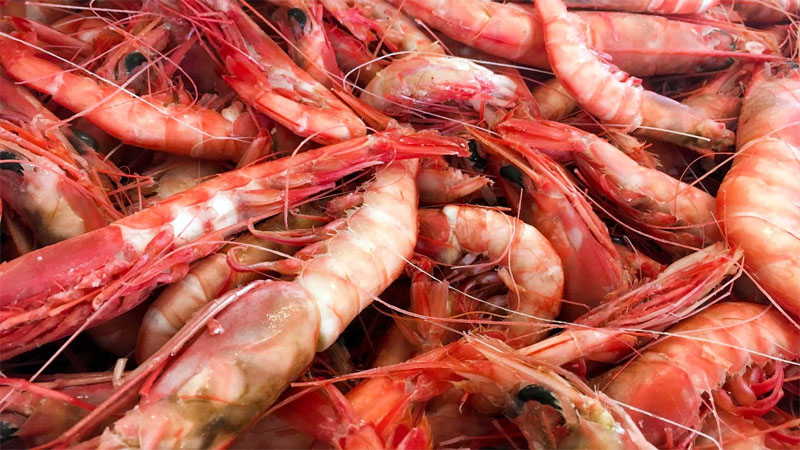Exclusive content

A proposed bill for a new General Law on Fisheries and Aquaculture, currently under debate in the Chamber of Deputies, has stirred significant concern among the shrimp fishing community in the Coquimbo region of Chile. The bill suggests a radical reduction in current permits for industrial fishing, posing a threat to the job stability of nearly two thousand individuals employed in shrimp capture.
Concerns of the Shrimp Industry
The legislative proposal entails a drastic shift in permit allocations, particularly concerning public auctions. Under current regulations, the maximum allocation per fishery stands at 15%. However, the new proposal suggests an alarming increase to 50% of the total industrial fraction. This shift not only disregards the historical rights acquired by established fishing actors but also favors larger companies with greater financial power, placing medium and small enterprises at a disadvantage.
Worker groups within the sector, such as the Crustaceros Officers and Crew Union of the Coquimbo Region, have voiced their apprehensions regarding the potential ramifications. Manuel Díaz, the president of the union, expressed concerns about the anticipated decrease in catch quotas, emphasizing the adverse impact on employment in the region.
Implications for Local Fleet
The Coquimbo region, comprised entirely of small and medium-sized companies, faces significant challenges in competing against national and international fishing conglomerates. The potential loss of fishing rights for current shipowners could lead to reduced operational periods, leaving workers unemployed for significant durations.
Despite formal communications with members of the Senate yielding no response to date, the union remains steadfast in their efforts to be heard by the government and the National Congress. They emphasize the importance of continued advocacy to protect the livelihoods of those employed in the shrimp industry.
Legislative Progress
The bill, introduced by the government on January 2, is currently in its initial constitutional process. Approved in general by the Committee on Fisheries, Aquaculture, and Maritime Interests of the Chamber of Deputies on March 20, the bill introduces extensive changes to economic activities in the Chilean sea. However, these changes have sparked criticism from various sectors of the fishing and aquaculture industries.